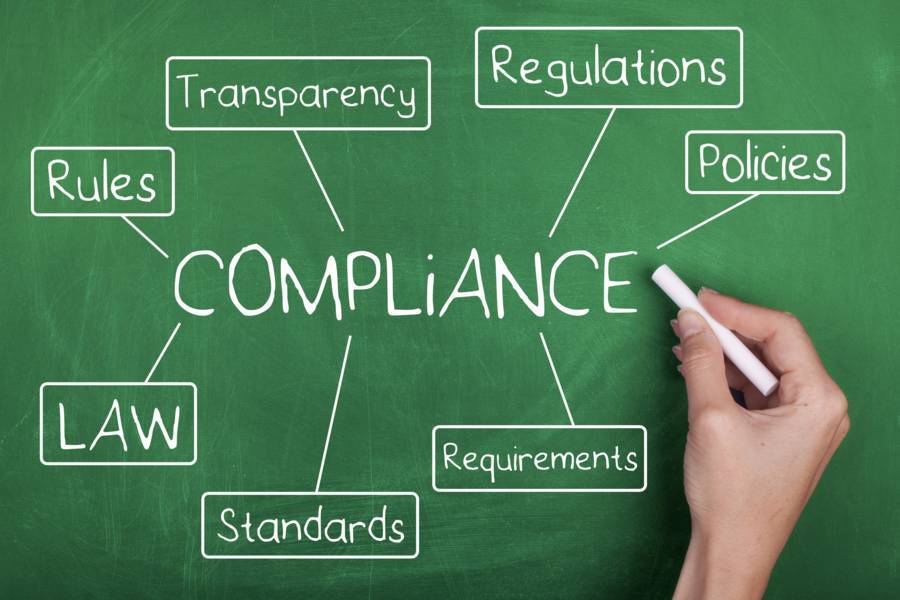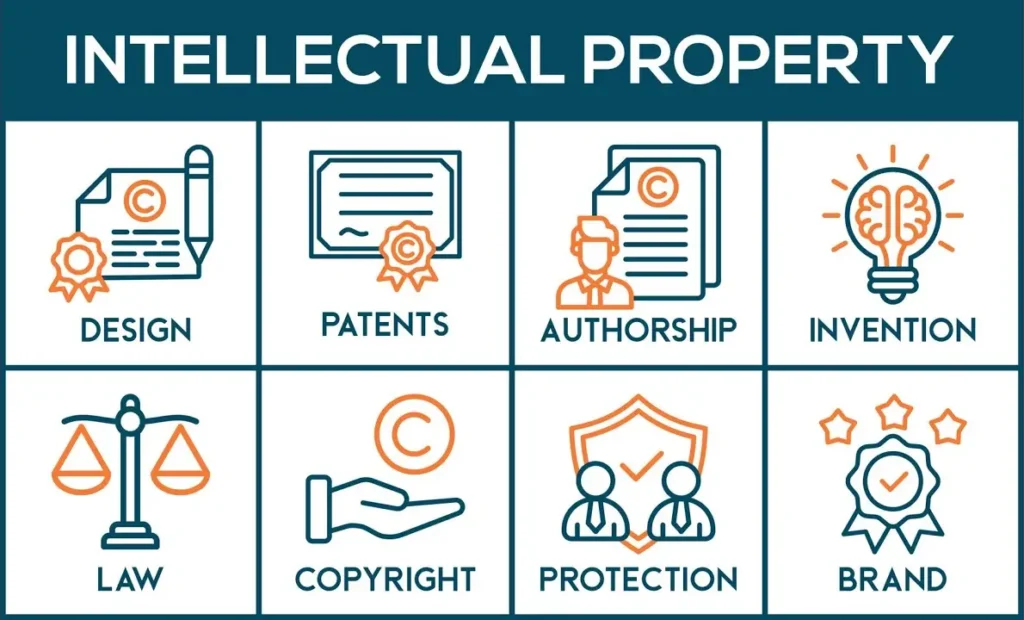When you’re selling on Amazon FBA, it’s not just about picking the perfect product or running ads that convert—it’s also about playing by Amazon’s rules. And let’s face it, those rules aren’t exactly flexible. Staying compliant is non-negotiable if you want your business to thrive.
But what happens when the people teaching you don’t fully understand the rules themselves? After combing through transcripts from FBA Brand Builder’s weekly calls, it’s clear that their guidance sometimes lacks depth—or worse, could land participants in serious trouble.
Let’s break down how gaps in compliance knowledge can hurt sellers and whether the FBA Brand Builder trainers are equipped to lead their students through Amazon’s complicated ecosystem.
1. Missteps in Compliance Guidance
One major red flag from the calls is how reactive the program is when it comes to compliance. Sellers regularly ask about product certifications, safety standards, and restricted categories, only to receive advice that’s overly simplistic—or just plain wrong.
Example from the Calls:
"Don’t worry too much about submitting certifications upfront. If Amazon asks for it, then you can deal with it."
This advice is not just risky—it’s a recipe for disaster. Selling in restricted categories like toys, electronics, or supplements often requires you to submit documentation upfront, such as CPC certifications, FDA approvals, or safety tests. If you wait for Amazon to ask for these, you’re looking at delays, inventory holds, or even account suspension.
Expert Insight:
Experienced sellers know that proactive compliance is key. Providing certifications before Amazon requests them minimizes disruptions and demonstrates you’re running a serious operation. Tools like Jungle Scout’s Product Compliance Checklist or Amazon’s Restricted Products page can help you stay on top of requirements.
Recommended Resource:

2. Risky Advice on Reviews and Feedback
Amazon is notoriously strict about reviews, but the FBA Brand Builder program seems to downplay how risky bending the rules can be.
Example from the Calls:
"If you’re struggling with bad reviews, just focus on getting more positive ones. Reach out to friends or family to help you out."
This advice directly violates Amazon’s policies. Reviews from friends, family, or anyone incentivized to leave positive feedback are strictly forbidden. Sellers caught doing this can face account suspension—or worse, permanent bans.
Expert Insight:
Instead of cutting corners, focus on legitimate strategies. Use Amazon’s “Request a Review” button to ask for honest feedback or sign up for the Amazon Vine program, which connects you with unbiased reviewers. Sure, it takes more time, but it protects your account and builds trust.
Recommended Resource:

3. Poor Understanding of Intellectual Property Rules
Handling intellectual property (IP) issues correctly is a must for avoiding disputes with Amazon or other sellers. Unfortunately, FBA Brand Builder trainers seem to underestimate the complexity of IP law.
Example from the Calls:
"Just make sure your logo looks unique—you shouldn’t have any problems with trademarks."
That’s oversimplifying something that’s actually quite complicated. Sellers need to thoroughly check that their brand name, logo, and product designs don’t infringe on existing trademarks. Skipping this step could lead to legal trouble, takedown notices, or losing your listing altogether.
Expert Insight:
Before launching, use tools like the USPTO trademark database or services like Trademarkia to confirm your brand’s uniqueness. Plus, enrolling in Amazon Brand Registry offers added protection and tools to safeguard your IP.
Recommended Resource:

4. Inconsistent Advice on Inventory Management
Inventory management is crucial to keeping your seller metrics high, but the advice from FBA Brand Builder doesn’t prepare participants for the realities of restocking.
Example from the Calls:
"If you run out of stock, it’s not a big deal. Amazon will understand."
That’s just not true. Stockouts can hurt your sales rank and ding your account health metrics. Amazon expects sellers to maintain sufficient stock, especially during high-demand periods like the holidays.
Expert Insight:
Successful sellers use tools like SoStocked or Amazon’s inventory reports to plan ahead and maintain healthy stock levels. Building a buffer for unexpected delays is another must for staying competitive.
Recommended Resource:

5. Misleading Suggestions About Advertising Policies
Amazon’s advertising policies can be tricky, and FBA Brand Builder doesn’t always offer clear or compliant advice. Sellers have shared their confusion over external traffic campaigns after following the program’s tips.
Example from the Calls:
"If you’re running ads on social media, just use your affiliate link—it’ll drive more traffic to your product."
Bad idea. Amazon explicitly prohibits using affiliate links to drive traffic to your own products. Violating this rule could result in your seller and affiliate accounts being suspended.
Expert Insight:
External traffic can work wonders if done right. Stick to running direct social media ads or partnering with influencers for collaborations. These methods are effective and within Amazon’s rules.
Recommended Resource:

What Does This Say About FBA Brand Builder’s Expertise?
The examples above aren’t just minor slip-ups—they reveal a serious lack of understanding about Amazon’s policies. When a mentorship program gives incomplete or outright dangerous advice, it puts students’ businesses and accounts at unnecessary risk.
No training program is perfect, but if the basics aren’t solid, how can students expect to thrive in Amazon’s highly competitive environment?
How to Protect Yourself
For sellers looking to avoid these pitfalls, here’s how you can stay informed and safe:
- Do Your Own Research: Amazon’s Seller Central has detailed resources on compliance, inventory, and advertising policies.
- Use Trusted Tools: Platforms like Jungle Scout, Helium 10, and SoStocked can help with everything from compliance to inventory forecasting.
- Seek Independent Advice: Join Facebook groups, seller forums, or communities where experienced sellers share honest insights and strategies.
Here's What You Need to Know
Selling on Amazon FBA is full of opportunities—but it’s also full of rules. Staying compliant isn’t just recommended—it’s essential for your long-term success. Unfortunately, the FBA Brand Builder program often gives advice that oversimplifies, misinterprets, or outright ignores Amazon’s policies, leaving students vulnerable.
If you’re looking for mentorship, prioritize programs that emphasize accuracy, depth, and accountability. After all, success on Amazon is about more than just making sales—it’s about doing it the right way.

